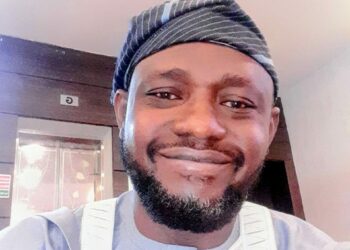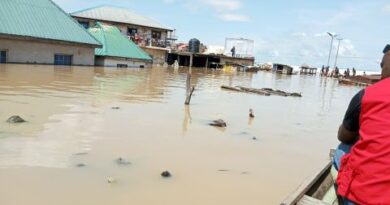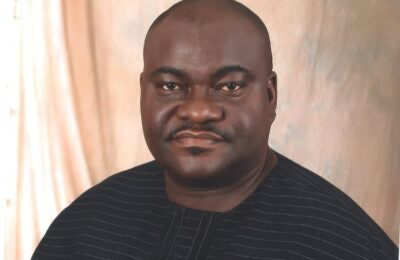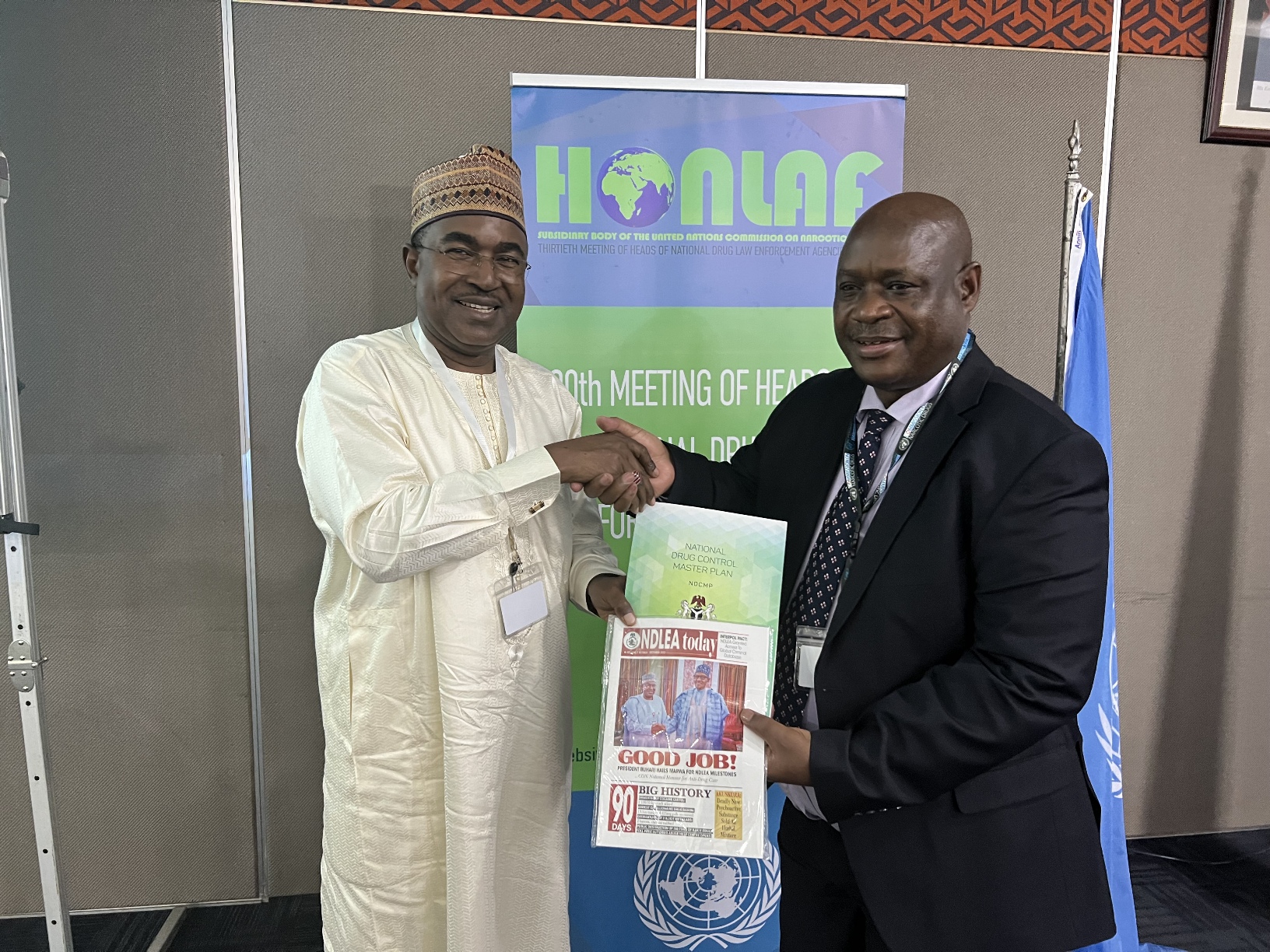Lagos and the Quest for a Nigerian Identity, By Julius Ogunro
There is always an uptick in the controversy about who qualifies as a Lagosian in every election cycle, the person’s political rights, and to what extent a ‘non-Lagosian’ should be allowed electoral opportunities in the former federal capital. This time, the debate is around the gubernatorial candidacy of Gbadebo Rhodes-Vivour of the Labour Party and whether he can be considered an authentic Yoruba and therefore a Lagosian in light of his ancestry, which includes Sierra Leonean and Igbo blood, in addition to Yoruba.
The reason for this controversy in the first place is the exceptional performance of the Labour Party’s presidential candidate, Peter Obi in Lagos in the last election. Obi’s vision of a country built on merit, frugality, and long-term planning resonated with young people and his party surprisingly carried Lagos, a state previously in the APC’s pouch which has governed it in its earlier forms as AD and ACN since 1999.
That has raised the possibility that the Labour Party may also win the gubernatorial election and makes Rhodes-Vivour, who before Obi lacked gravitas and popular support, a frontline candidate. With that has come closer scrutiny for him. His resume and in particular Yoruba ethnicity have been examined and re-examined carefully. And the verdict in certain circles is that he is not a full-blooded Yoruba and cannot, therefore, be said to be a true Lagosian and so disqualified from leading the state as governor.
This situation raises questions not only about our distinctive brand of identity politics but our conception of identity and how we exclude some people of certain rights and privileges because of the limited definition of the term.
The question remains. Who is a Lagosian? Is it only the Awori and Ijebu people who are widely regarded as the aborigines of the state? Does the term include other Yoruba people from elsewhere in the country who now live in the Lagos metropolis? What about the non-Yoruba Nigerians, some third-generation residents of the state? Does the term also include the descendants of freed Brazilian or Sierra Leonean slaves, called Agudas and Saros respectively, who settled in Lagos some as early as the 19th century?
Who is a Lagosian?
Based on the exclusivist definition of the term, my family would not qualify as Lagosians, even though we are third-generation residents of the state. My mother was born in Lagos around 1950. Her mother was born in Lagos as well supposedly around 1930. From my maternal line, I am the third generation to be born in the former capital and to call it home. But I am not Lagosian, because we are not Yoruba but Ijaw whose ancestry is the Patani area of Delta. My parents both have homes in Lagos and some of their children bear Yoruba as well as Ijaw names. But those, apparently, are not sufficient bona fides to be regarded as Lagosians and to one day seek electoral office in the state. Hell would probably break loose and the cry of “go back to your state of origin, you are not Lagosian” would be loud were a non-Yoruba should seriously seek the governorship of the state.
This attitude is however not peculiar to the Yoruba or the Lagos environment. It is a general Nigerian problem and reflects our attitude to the settler and native dichotomy, which is fueled by suspicion and fear for people who don’t share common ancestry or language with us. The Ijaw of Delta would probably resist too if a person with Yoruba roots, regardless of how long he has lived with them, tries to occupy a political office in their community.
This is in fact an ongoing national problem. In Jos, the Hausa people who have lived in the area for more than a century face the challenge of integration and are resisted especially with regard to opportunities to run for political office by the Berom and other aborigines of the area. It is the same thing in Kano where the non-Hausa and non-Muslim settlers from other parts of Nigeria are largely confined to a part of the town known as Sabo Gari and have limited electoral opportunities, particularly the right to vie for political offices.
One explanation for this is that Africans have a strong attachment to their land and developed a strong identity based on the commonality of language and ancestry. There is nothing unusual about this. The strongest identities anywhere in the world are the ones built around language, religion, and ancestry. But the peculiarities of the modern state require a flexible definition of those terms to engender growth and development through the attraction of political talents.
It is the reason that even though Barack Obama was born in Hawaii, he started his political career in Chicago, Illinois, becoming a senator and finally President. Rishi Sunak, the current Prime Minister of the United Kingdom, is regarded as a Briton despite being nonwhite and of Afro-Indian ancestry. Were Obama and Sunak Nigerians, it is unlikely both men would be able to kick off their political careers the way they did and in the places, they started from. They would likely have failed the tooth-comb aborigine-ship scrutiny. You would find many equivalents of Obama and Sunak in the western hemisphere where the emphasis is increasingly on shared ideas, interests, and vision, and not merely common ethnicity, land, and ancestry.
The Nigerian constitution anticipates this problem and contains a legal remedy. It stipulates that any Nigerian can contest any political office in any area as long he has lived there for six months. But the constitution also contains many other provisions that unwittingly promote the settler and aborigine mentality, such as the recommendation for ministerial positions, which allocate one per state, and other clauses which tie other government positions or jobs to the state where one comes from. This creates suspicion and concern among ‘native people’ that the ‘settler’ would be getting an unfair advantage and double portions of government jobs and portfolios by qualifying in the state where they had settled and also in their states of origin.
There is no easy solution to this imbroglio. Throwing platitudes and encouraging people to just love their neighbors as themselves would not work. There is a complex mix of ethnic pride, self-preservation, fear, and rivalry at play and it would take more than singing the national anthem to untangle it and build a Nigerian identity.
The big cosmopolitan cities such as Lagos and Kano, which are a mishmash of ethnicities and provide a springboard of economic opportunities for all Nigerians regardless of ethnic background, could play a leading role in promoting a Nigerian identity, one not necessarily tied to ethnicity and indigeneship of any particular area. But as the Rhodes-Vivour controversy reveals, there are still many rivers to cross.



